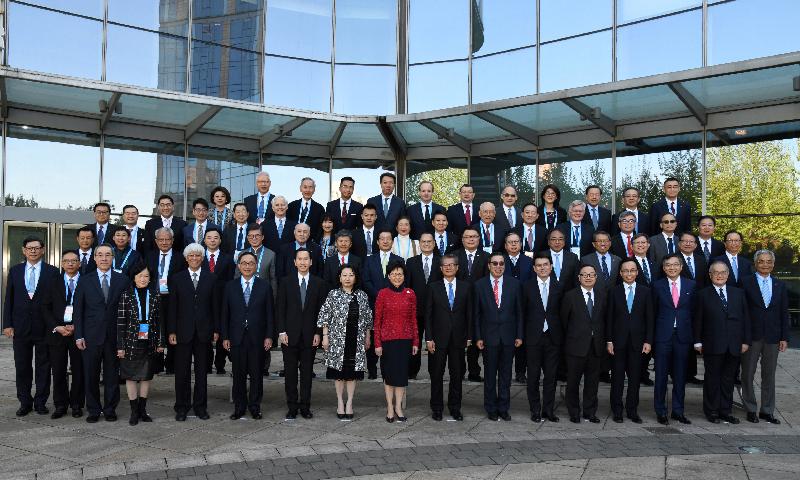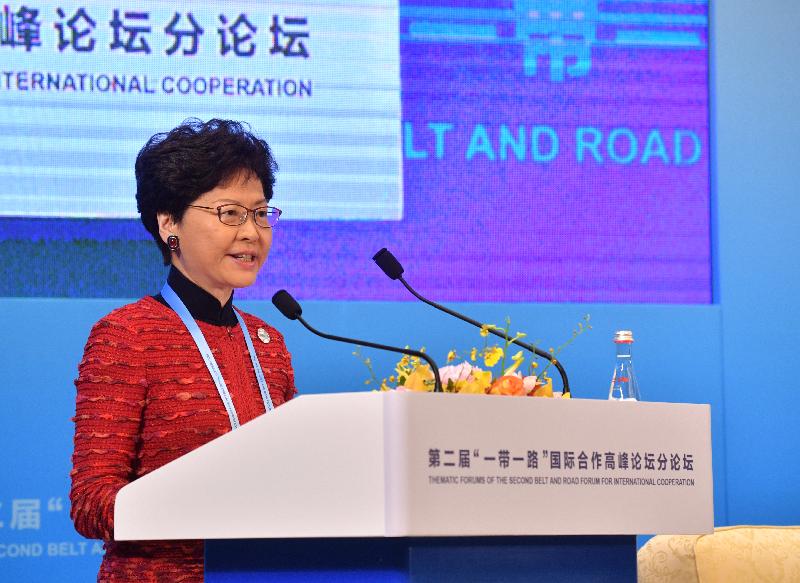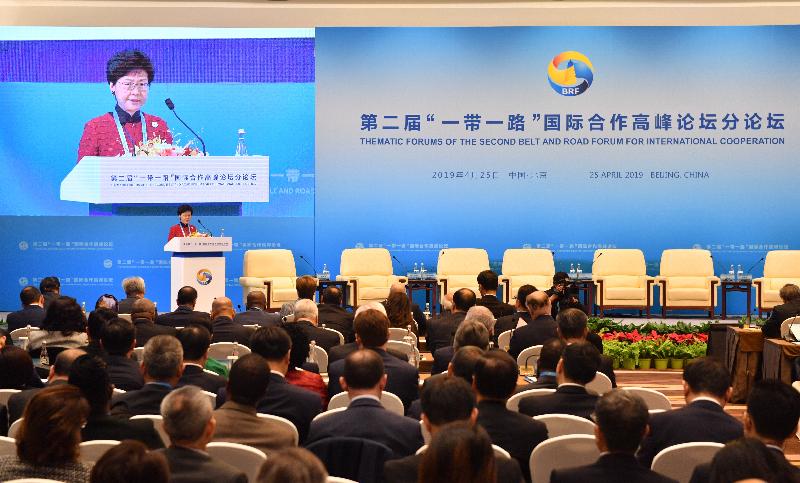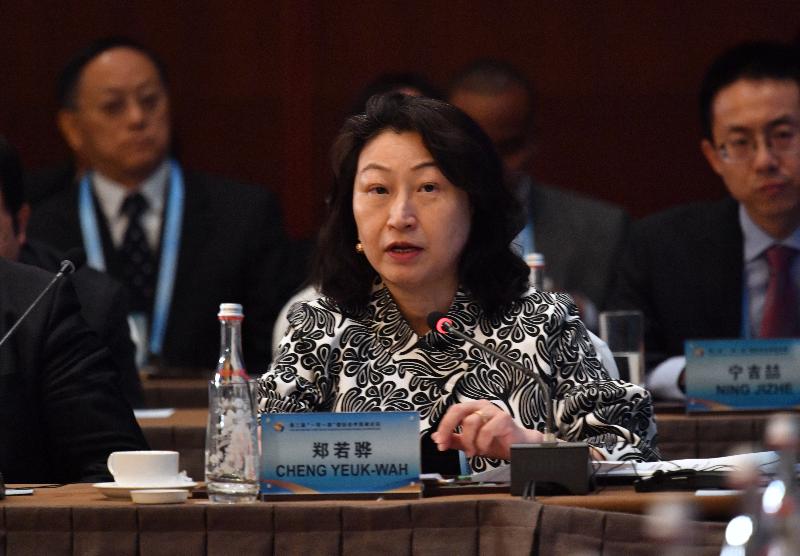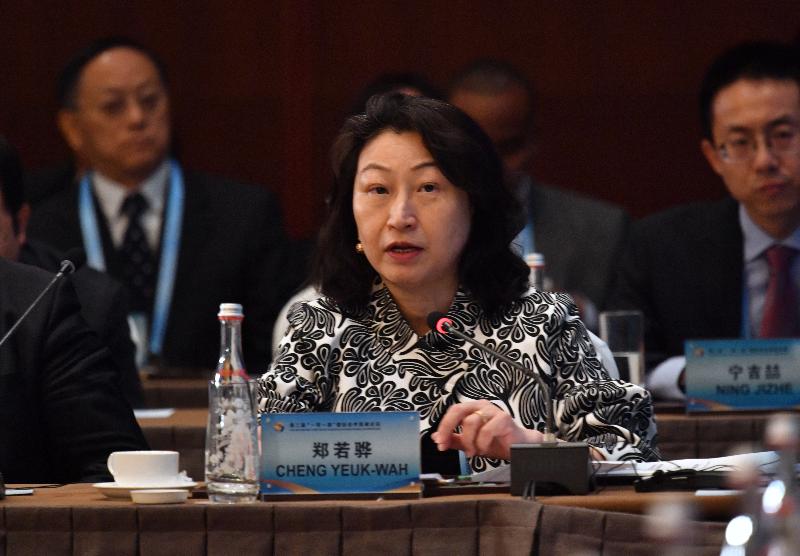Dr Sun Yat-sen Museum holds exhibition to mark centenary of May Fourth Movement
To mark the centenary of the May Fourth Movement, the Dr Sun Yat-sen Museum will launch the exhibition “The Awakening of a Generation: The May Fourth and New Culture Movement” tomorrow (April 26). The exhibition will feature 81 sets of precious artefacts and historical documents to revisit the movement that illustrated the patriotism and national awareness of the Chinese people, and to let visitors understand its impact and significance in the development of modern China.
Highlight exhibits include “Qingnian Zazhi” (Youth Magazine or La Jeunesse) founded by Chen Duxiu in 1915; the “Xinchao” (The Renaissance) magazine sent by Fu Sinian to his friend; the appointment letter issued to Lu Xun by the Chinese Department of Peking University; “Wuren Zuihou Zhi Juewu” (Our Final Awakening) written by Chen Duxiu in 1916; “Kexue Huabao” (Popular Science) published in 1933; Hu Shih’s “Wenxue Gailiang Chuyi” (Preliminary Discussion on Literature Reform) copied by Qian Xuantong in 1920; and the first edition of Lu Xun’s first collection of short stories, “Nahan” (Call to Arms).
To coincide with the exhibition, Associate Professor of the Academy of Visual Arts of the Hong Kong Baptist University Dr Daniel Lau, along with students and alumni of the academy, were invited to create a series of artworks on the exhibition theme to echo the spirit and patriotic feelings of students 100 years ago. These artworks will also be displayed in the exhibition.
Officiating at the opening ceremony today (April 25) were the Museum Director of the Hong Kong Museum of History, Ms Belinda Wong; the Assistant Director of the Beijing Lu Xun Museum (the New Culture Movement Memorial of Beijing) Mr Li Zhanqi; and Museum Expert Advisor Professor Chow Kai-wing.
The exhibition will run until August 25 and admission is free. It is jointly presented by the Leisure and Cultural Services Department and the Beijing Lu Xun Museum (the New Culture Movement Memorial of Beijing), and organised by the Dr Sun Yat-sen Museum. For details of the exhibition, please visit hk.drsunyatsen.museum/en_US/web/sysm/exhibition/special_exh_may_fourth.html, or call 2367 6373.
The Dr Sun Yat-sen Museum is located at 7 Castle Road, Mid-Levels, Central.
read more


